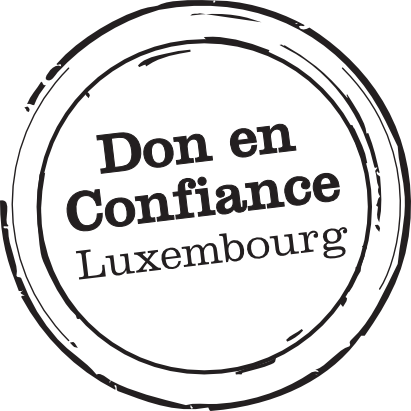Countries
Burkina Faso
- Total area 2021 (km2): 273 918
- Total population 2021: 22 100 683
- Rural population 2021 (% de la population totale): 68,76
- Life expectancy at birth 2021: 59,27
- People using at least basic drinking water services 2021, rural (% of rural population): 32,72
- People using safely managed sanitation services 2021, rural (% of rural population): 13,46
- School enrolment, primary 2018 (% net): 78,65
- School enrolment, secondary 2018 (% net): 31,00
- Literacy rate, total adults 2018 (% of people aged 15 and over): 39,35 %
Senegal
- Total area 2020 (km2): 196 710
- Total population 2021: 16 876 720
- Rural population 2021 (% de la population totale): 51,40
- Life expectancy at birth 2021: 67,09
- People using at least basic drinking water services 2021, rural (% of rural population): 75,24
- People using safely managed sanitation services 2021, rural (% of rural population): 23,90
- School enrolment, primary 2017 (% net): 75,38
- School enrolment, secondary en 2017 (% net): 37,67
- Literacy rate, total adults 2018 (% of people aged 15 and over): 56,30 %
Source: Worldbank





